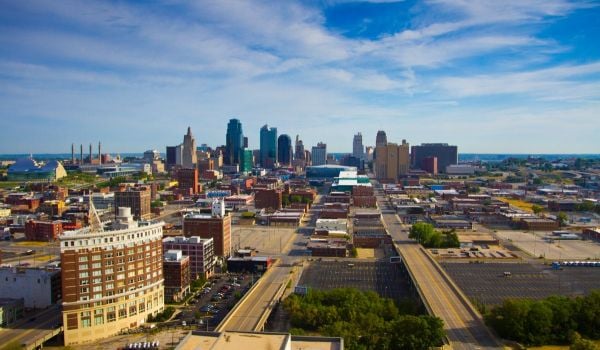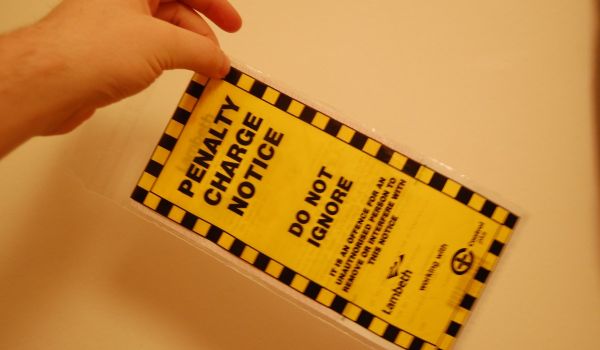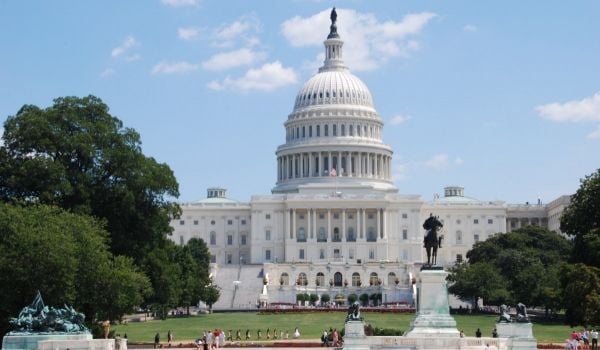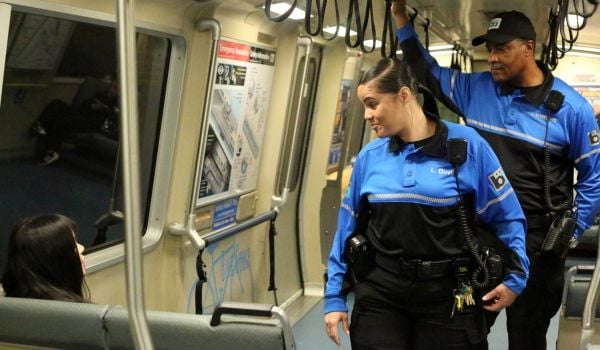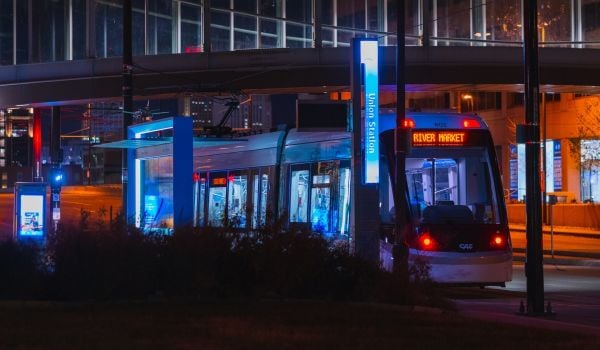From bridges to high-speed rail, the U.S. frequently lags behind other developed nations in infrastructure investment and development. One increasingly vital piece of infrastructure that has kept Americans envious is Internet speed.
Consider these numbers: The average connection speed in the U.S. is roughly 5 Mbps, or megabits per second. By comparison, South Korea’s is nearly 18 Mbps. But of course, that’s tech-savvy South Korea. What about a former communist country like Romania? The average speed there is 15 Mbps. In fact, the U.S. Internet speed ranking is a far-from-respectable 26th place.
But the country may be on track to make a comeback. Last week, Google announced the beginning of its Google Fiber services in Kansas City, chosen last year as winner of the tech giant’s search for a city to launch itself as, among many other things, an Internet service provider (ISP). Passing over cities like Austin, Texas, Google chose Kansas City, Kansas originally and enlarged its vision to also include the larger Missouri city across the river.
Since deciding on Kansas City, Google has been doing the necessary studies to roll out its fiber network. But that doesn’t mean that since the service officially began last week, residents are already happily using Google Internet.
Rather, Google has given different neighborhoods — cutely called Fiberhoods — the chance to pre-register. This will show Google which areas have the most enthusiasm and which to build in first. Once you know your Fiberhood has been chosen, residents will be able to choose three service options: For $70-$120 a month, you can get 1 Gbps internet in your house, plus television services and some new Google gizmos. And for those who don’t really care for high-speed internet, for a one-time $300 construction fee, residents can get free average speed internet.
So, what’s so special about Google Fiber? First off, the speed: Nearly 1000 Mbps, or 1Gbps (that’s gigabits per second). That blows South Korea miles away, and is about a hundred times faster than what most Americans have now. Movies could be downloaded and uploaded in less than a minute. Buffering videos would become a thing of the past. And would videoconferencing could happen without freezes and blurry images.

A beta test of Google Fiber was installed at one of Stanford’s faculty neighborhoods. Credit: Flickr user jacdupree
The service has actually already been tested closer to home base. In one of the Stanford University’s residential neighborhoods, used to house faculty, staff and graduate students, Google has provided its super fast services without any hitches completely for free.
Google isn’t alone in this venture. In fact, the Stanford beta test is not the first 1 Gbps community. That title belongs to — believe it or not — Chattanooga, Tenn.. There local utility provider EPB has been offering a 1000 Mbps service at a premium for several years now.
There are also several startups trying to get in the game. In San Francisco, a startup called Sonic.net and the more traditional AT&T are attempting to provide 1 Gbps speeds within the next five years. Gigabit Square, another startup, has announced its ambitious, $200 million Gig.U program, for which it will choose six unnamed college towns to bring up to super fast speeds.
While we all would love to be able to download movies in a few seconds, what good will physically come from these services? And how will cities now offering this infrastructure fare? Google hopes that by providing connection without having to worry about speed, it will spur developers to create apps that take advantage and find new and innovative uses of the Internet. That sounds like the basis for entire new markets and industries — and for any city hosting such a network, it represents a boon and the basis for population growth. Google’s jump into the ISP businesses will also push the industry into greater competitiveness, bringing prices down and giving everyone better access.
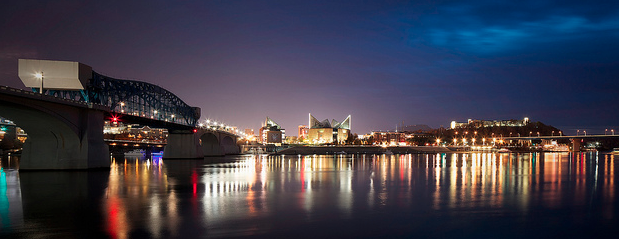
Chattanooga, Tenn. has offered 1 Gbps service for a few years now. Credit: Leo Reynolds on Flickr
It may sound too good to be true. And there is reason not to get your hopes up. First off, there’s the problem of reciprocity. Just because you have 1 Gbps Internet doesn’t mean everyone else does. When you try to Skype grandma with her regular old 5 Mbps Internet, the conversation will remain fuzzy and jagged due to her slower connection. Hardware might also have a hard time keeping up. Some businesses in Chattanooga have had to update their computers, since old-style magnetic disc hard drives aren’t fast enough to record the data streaming. They’ve had to opt for the more expensive, but more reliable and much faster solid state disc (SSD) hard drives.
The technology behind Google Fiber has existed for a while. What’s revolutionary about the Kansas City project is not the technology, but the lessons learned from its deployment. Google is going all out in learning how to deploy a complicated network, including building a huge array of satellite dishes in Iowa to provide television content. The national network that connects our cities and states together is already blazing fast.
The problem has always been finding an economic way to connect what’s called the “last mile” between a user’s home and the national network. In dense cities and even suburbs, pre-existing infrastructure has been a problem. Some have proposed sending Internet signals through power lines or sending new cables through the sewer system. Google, using its largesse, will hopefully overcome these problems and, using analytics, interpret the mistakes and successes of its deployment, allowing future programs to become cheaper and cheaper.
It could mean a whole difference to the nation’s digital infrastructure and, in turn, the economic growth and vitality of our cities.

